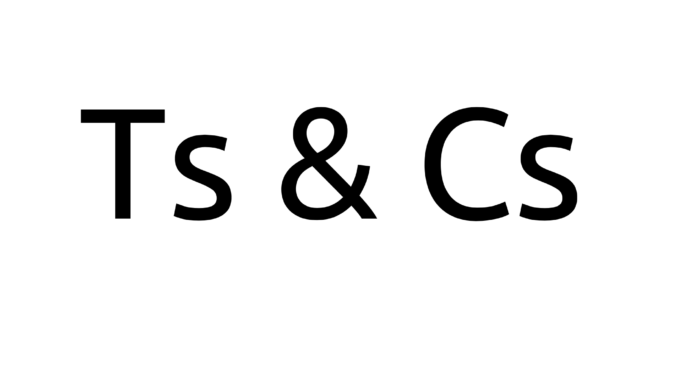
‘You know what? One day all Ts & Cs will be made this way,’ is probably not something the team at global law firm Reed Smith said to each other when they created TermJet, an expert system that partially automates the production of terms and conditions (Ts & Cs) for online competitions, prize promotions and sweepstakes.
Yet, TermJet is a perfect example of an approach to making legal products that is relevant for many other use cases.
It’s taking knowledge, crystallising it, building a digital interface to access that knowledge, and then adding a filtering/choosing system i.e. an expert system Q&A process, to provide a partially automated means of creating a legal product.
And a document made of relevant and appropriate Ts & Cs is clearly a ‘legal product’.
And if it’s a product, then making its production process as efficient as possible has to be the most logical way to go. I.e. where there is frequency there is the opportunity to create models. And where you can model the necessary information, i.e. crystallising knowledge, you can also then at least partially automate the production of the documents/contracts you are seeking to make. This saves time and money.
And Reed Smith itself says the system is addressing something that is a ‘costly and time-consuming exercise’, i.e. they see the economics at the heart of the matter.
But, one additional point: why don’t all documents that could be made this way receive such treatment?
One reason is that there needs to be an economic incentive. Putting together the ‘engine’ to help you make Ts & Cs takes time, planning, and because this is a legal document it needs to be right. That is not something that can be knocked out in a couple of hours.
But where there is a business case, it can and should be done, not just for Ts & Cs, but for anything that meets sensible criteria. Reed Smith clearly looked at this and decided that in the long run it made more sense for the business to work this way.
In this case by answering a series of simple questions through a user-friendly interface, ‘individuals both with or without legal qualifications’ says the firm, can create online Ts & Cs in real time for multiple jurisdictions that conform to local laws and, where required, in local languages. The TermJet platform also will be updated periodically to reflect legal developments.
It has been developed not just by the firm, but also with the support of its legal technology subsidiary, GravityStack, with additional support from the EMEA arm of kids entertainment brand Cartoon Network, which runs a lot of competitions, hence the need for all those terms and conditions (which of course very few people read….but, therein rests another story, probably involving the words ‘legal’ and ‘design’.)
Ingrid Silver, partner at Reed Smith and ‘founder of TermJet’, said: ‘Online competitions are increasingly being used by consumer facing businesses as a key promotional and marketing tool. Making sure they are compliant and managing the associated risks can be a huge drain on legal resource.’
‘TermJet enables legal teams to devote time and resource to tackling the key issues that add real value to their business. It also empowers the business to be more agile and move quickly by removing much of the friction involved. Legal compliance is no longer a time constraint,’ she added.
TermJet is currently available in the UK, France, Germany and Singapore, the firm also wanted to point out.
But, as noted above, this is just one small sliver of legal need where one can use partial automation, i.e. the crystallising of knowledge and making it more easily accessible with a digital platform, that exists in the legal world. There are likely thousands of others, and perhaps one day they will all operate this way….
Great movement in a direction the industry is heading. I can’t find a link to the actual tool – does anyone have it to hand? Thanks